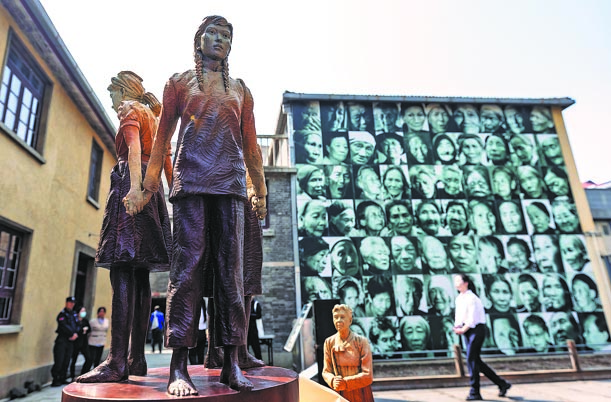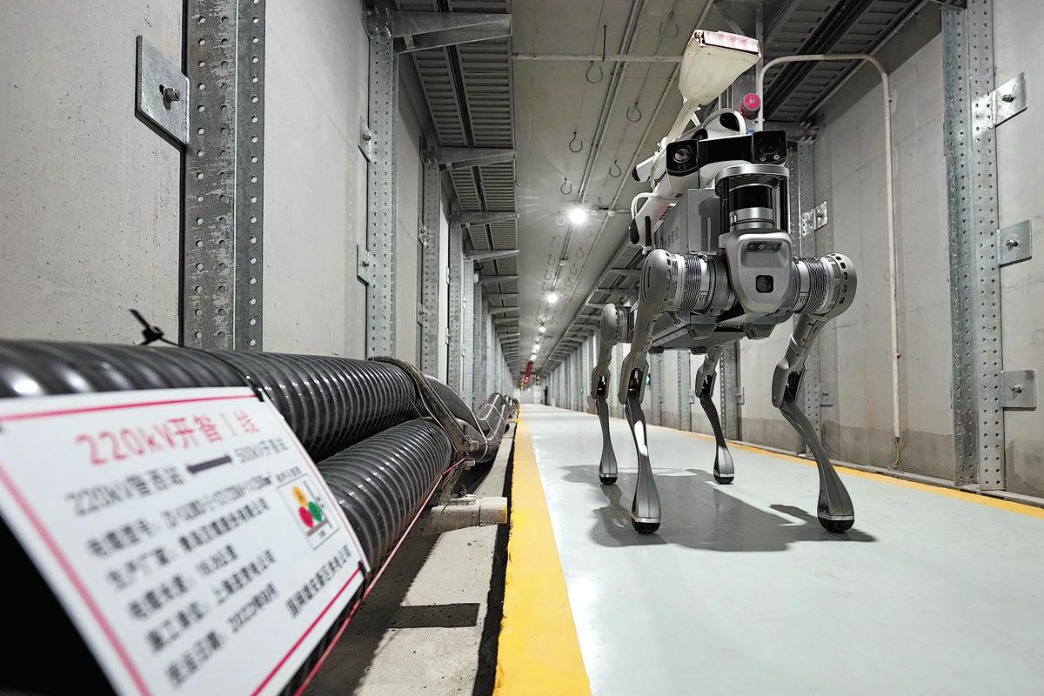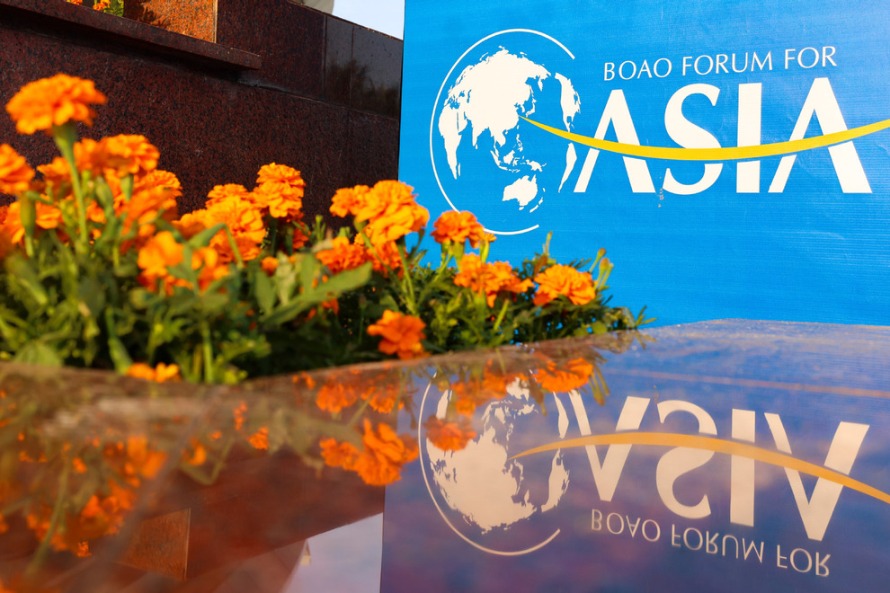AI to preserve oral history of 'comfort women'
By LIA ZHU in San Francisco | China Daily Global | Updated: 2023-10-25 09:43

Interactive biography allows viewers to have 'conversation' with 94-year-old survivor
After years of efforts, US and Chinese researchers and peace activists have developed an interactive system that uses artificial intelligence to narrate the biography of a Chinese "comfort woman" and enables viewers to have a "conversation" with her.
The project, The Eternal Testimony of Chinese 'Comfort Women', is based on interviews with a 94-yearold survivor from Hunan province, Peng Zhuying. It allows viewers to ask Peng questions about her life experiences and hear responses in a real-time, lifelike conversation, said the creators.
Calling it "a powerful tool for history and anti-war education", Peipei Qiu, executive director of the project and a professor of Chinese and Japanese at Vassar College in New York, said the interactive system revolutionizes the concept of oral history.
"It effectively deepens our understanding of the brutality of the war through the experience of speaking with a war atrocity survivor and listening to her story in her own voice," Qiu told China Daily.
"Warfare continues to inflict death and human suffering around the globe. Now it is more important than ever for us to learn from what happened in the past wars," said Qiu, author of the award-winning book, Chinese Comfort Women: Testimonies from Imperial Japan's Sex Slaves.
"As the survivors of World War II are leaving us one by one — in China, only 12 confirmed 'comfort women' are still alive — I hope our project can help preserve the experience of speaking with war victims for generations to come, making a lasting contribution to history and world peace," she said.
Peng was born in July 1929 in the town of Yueyang in Hunan. In 1938, during the War of Resistance Against Japanese Aggression (1931-45), the Imperial Japanese Army invaded and gas-bombed her hometown, killing her mother and younger brother and leaving Peng blind.
In 1944, the then 15-year-old Peng was kidnapped and imprisoned for a month until the Japanese troops withdrew from the area. As a "comfort woman", the teenager endured sexual violence, humiliation, and physical trauma, all of which resulted in lifelong health problems, including the inability to have children.
During the war, the Japanese forces captured and sexually enslaved hundreds of thousands of women and girls, repeatedly abusing and raping them, in every country they occupied. Ironically these women were called "comfort women".
Due to their brutal treatment, most of the women died during the war. Those who survived were traumatized and stigmatized for having been raped. Until recently, like many other "comfort women" survivors, Peng kept her horrific experience to herself.
The project of preserving Peng's oral history is a "remarkable international collaboration", said Qiu. The idea was inspired by the Dimension in Testimony program of the University of Southern California's Shoah Foundation in 2018. In 2019, Lillian Sing and Julie Tang, retired San Francisco Superior Court judges and co-founders of the "Comfort Women" Justice Coalition (CWJC), spearheaded the fundraising and initial planning for the project.
At the end of 2019, an international production team was set up, comprising the members of CWJC, the Nanjing Museum of the Site of the Lijixiang Comfort Stations, and the USC Shoah Foundation.
Despite interruptions caused by the COVID-19 pandemic, the team managed to conduct interviews with Peng for five days in October 2020. She was interviewed in her own dialect, and her answers were recorded and sent to the US.
"The USC technical team and our CWJC volunteers devoted a tremendous amount of time and effort toward the post-interview production process. We were particularly mindful to ensure that Peng's narratives in the Yueyang dialect were accurately transcribed in Chinese and translated into English faithfully and naturally. Both the transcription and the translation were verified against the interview recordings multiple times," said Qiu.
The public beta test of the system was recently launched at the Nanjing Museum. Qiu's team is still working on improving the system as the program is still being "trained".
As questions from visitors vary, sometimes the system can't correctly interpret every question, she explained.
"The visitors' questions can help train the system and improve the quality of dialogues between the visitors and Peng. Currently, we are also working on the English version of the program, hoping to make it available for English-speaking audiences soon," she said.
























